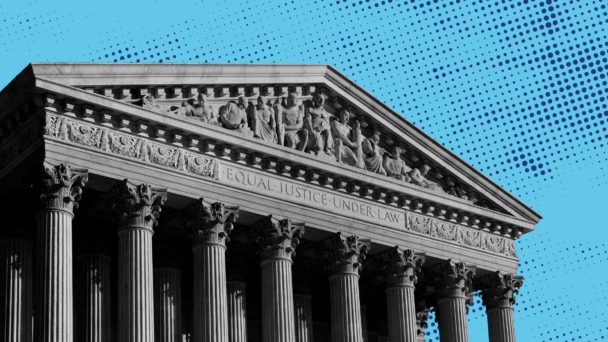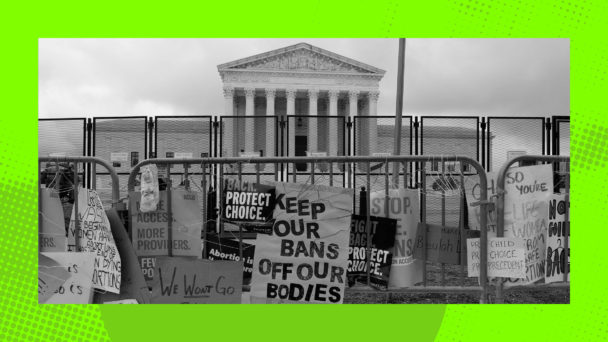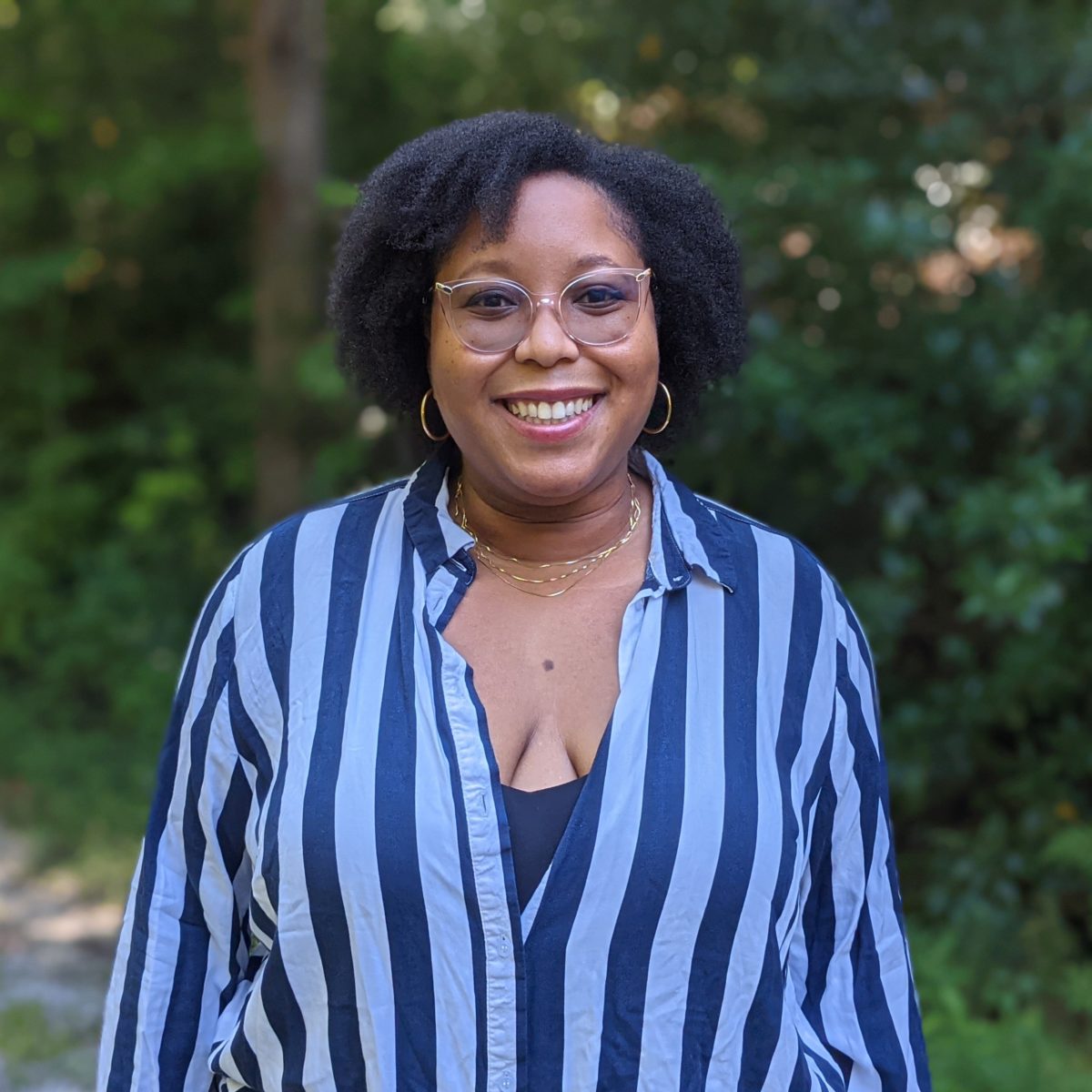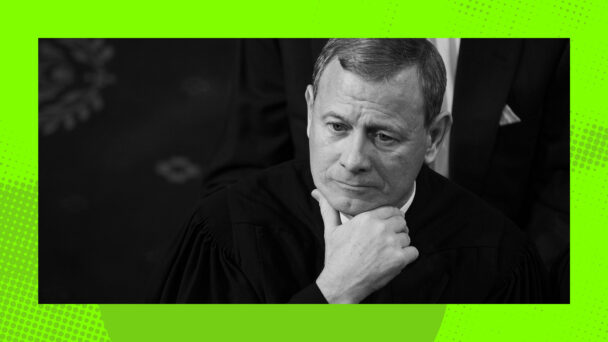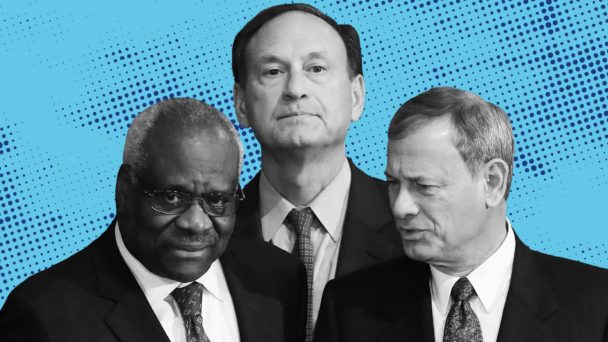If the United States has a civic religion, its deities are the Framers. The faces of the men who created the federal government’s framework are on currency, one’s birthday is a federal holiday, and another is the subject of an award-winning musical. The Framers’ cachet with the public extends to political actors, who frequently invoke the Framers in order to justify their own actions or rebuke the actions of others.
This seemingly unified veneration becomes much more fractured, though, once one interrogates which set of Framers matters. After all, the United States had two separate foundings. There’s the Founding Era kicked off by the Declaration of Independence on July 4, 1776 (also a federal holiday). And there’s the Second Founding, marked by the end of the Civil War and the ratification of the Reconstruction Amendments, which conferred citizenship on formerly enslaved Black Americans and broadly authorized the federal government to promote and protect equal rights. Studies show that conservative elected officials are empirically more likely to appeal to the first draft of the Constitution, while liberals call upon the revised version; unsurprisingly, Republicans in Congress are less interested than Democrats in the foundation of the government’s power to protect vulnerable people.
A recent sequence of high-profile decisions suggests that the same is true of conservative and liberal judges—and those appeals function as stand-ins for wholly distinct constitutional visions. When a policy or practice would make the country a little more fair or make people a little more free to live with equal dignity, conservative judges clutch their pearls at the alleged affront to the original Framers. Conduct that would horrify the second set of Framers—and, for that matter, that horrifies the modern public—fails to merit the same concern.
Last week, for instance, the Supreme Court issued a decision in Alexander v. South Carolina NAACP that undermined constitutional protections against racial discrimination in voting by allowing states to disguise racial gerrymandering as partisan gerrymandering. The majority opinion, written by Justice Samuel Alito and joined by the other five conservatives, explained that diluting Black people’s votes because they’re Black is not okay, but diluting Black people’s votes because they’re Democrats is just fine. And in a concurring opinion, Justice Clarence Thomas summoned the Founding Fathers to urge the Court to go further and refuse to hold states accountable for any gerrymandering, racial or partisan or otherwise: “There is no indication that the Framers had ever heard of courts playing any role in resolving electoral districting problems,” he wrote.
Alito similarly referred to the Framers’ sensibilities to criticize the majority in Consumer Financial Protection Bureau v. Community Financial Services Association, in which the Court upheld the legality of the CFPB’s funding structure, thus restraining itself from pushing financial regulatory institutions and the economy itself into utter disarray. In dissent, Alito argued that the funding structure—Congress setting aside a pot of money for the CFPB to use as it sees fit—didn’t comport with the Framers’ establishment of congressional control over apportionment. “The Framers would be shocked, even horrified, by this scheme,” Alito claimed. (For what it’s worth, actual scholars of that era disagree.)
Finally, the Supreme Court will soon hand down its ruling in United States v. Rahimi, an appeal of the Fifth Circuit’s determination that it is unconstitutional to disarm domestic violence offenders who have orders of protection against them. Again, the lower court looked to the Founding for answers; writing for a three-judge panel, Trump appointee Cory Wilson wrote that the gun ban was an “outlier that our ancestors would never have accepted.” Ancestors seeking freedom from gun violence were not consulted.
The liberal justices, in contrast, frequently turn to the Reconstruction Congress in efforts to protect a more egalitarian government. For example, Justice Ketanji Brown Jackson called attention to the Second Founding during oral argument in Merrill v. Milligan, a 2023 case about whether and how the Voting Rights Act should be applied to racial gerrymandering. Alabama essentially argued that remedying a racial gerrymander would also be unlawful racial discrimination, because the remedies also take race into account.
For Jackson, this was an error that the Framers would not abide. “The Framers themselves adopted the Equal Protection Clause, the Fourteenth Amendment, the Fifteenth Amendment, in a race-conscious way,” she said at oral argument, since they were “trying to ensure that people who had been discriminated against” were “actually brought equal to everyone else in the society.” Jackson’s framing treats the Second Framing as an instruction to create an equitable society, rather than a shackle constraining the country to an inequitable past.
Justice Sonia Sotomayor raised similar arguments in her dissent in last year’s cases that struck down race-conscious admissions programs in higher education. She pointed out that the majority opinion, which espoused a commitment to “colorblindness” and regarded efforts to equalize opportunities for people of color as unfair to white people, bore a strong resemblance to the Reconstruction Framers’ adversaries. “Nothing in the Fourteenth Amendment or its history supports the Court’s shocking proposition, which echoes arguments made by opponents of Reconstruction-era laws and this Court’s decision in Brown,” she wrote. For Sotomayor, the Framers at the Second Founding issued an affirmative command to pursue racial equality. The Brown Court listened; this one didn’t.
Judges’ choice of Framers is really a choice of what kind of future they want for the country. And in a federal judiciary dominated by conservatives, a preoccupation with the first founding continues to stifle the transformative egalitarian potential of the second.

